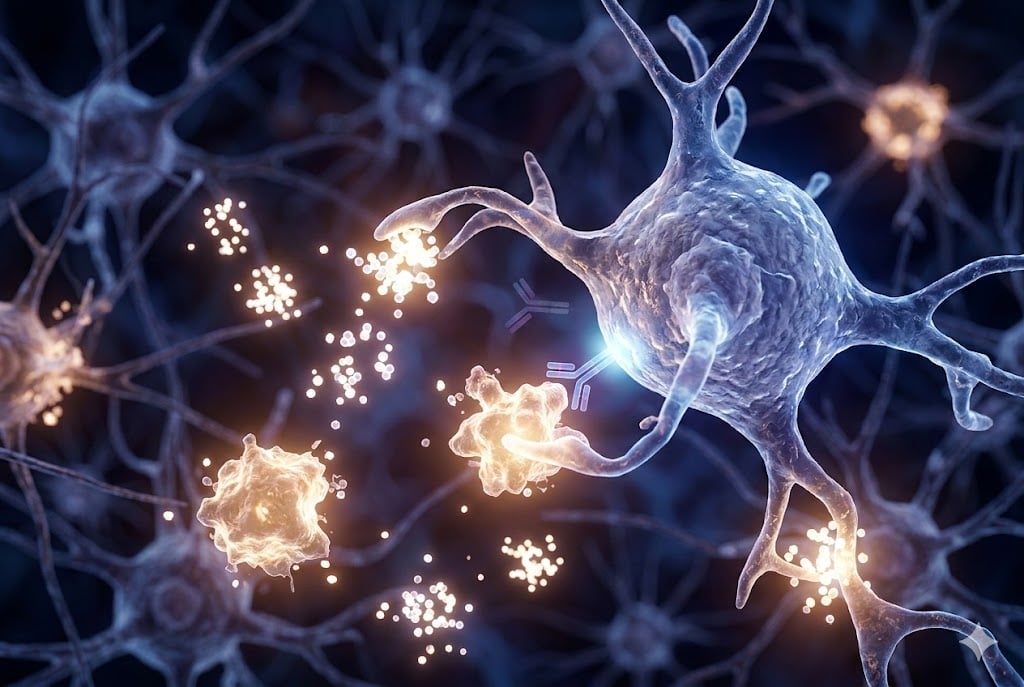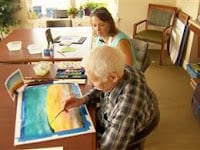
12 Intervention Sessions Improve Cognition
Researchers say it takes a dozen “intervention sessions” to improve cognition in those at risk for Alzheimer’s and other dementias.

Researchers say it takes a dozen “intervention sessions” to improve cognition in those at risk for Alzheimer’s and other dementias.
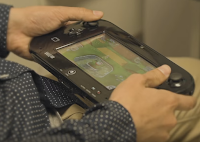
Don’t put that controller down just yet. Playing three-dimensional video games – besides being lots of fun – can boost the formation of memories, according to University of California neurobiologists.
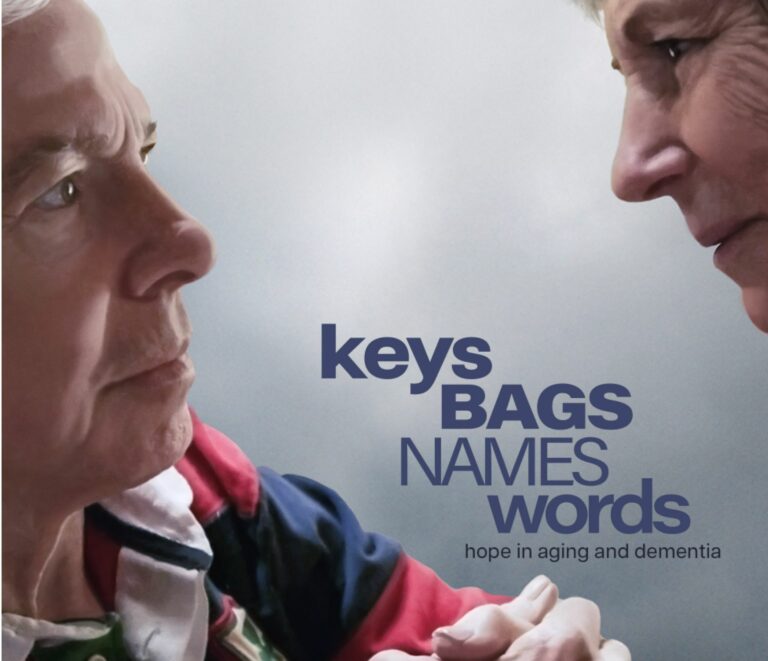
“Keys Bags Names Words” is a hopeful Alzheimer’s movie. The film portrays stories of young scientists and artists from around the world in, their effort to help those who are affected.

Denise Medved is the founder and creator of a program that takes Alzheimer’s patients through vigorous, spirited exercise routines. She calls her program, “Ageless Grace”.

Bringing art and creativity into elder care settings helps families reconnect with loved ones who have dementia. In this moving talk, Anne Bastings shares how.

Once a patient enters The Promise Alzheimer’s Garden, they can’t get lost, so they feel independent, yet safe.

There are myriad technologies that can be helpful in making life easier for people with dementia. Learn more.

People with mild Alzheimer’s often enjoy places they enjoyed in the past – a favorite restaurant, parade, park, shopping mall, swimming pool, museum, or theater. It is good to keep going and it is smart to plan ahead. Learn how.
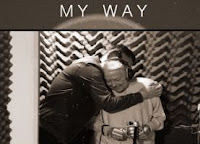
When Jamie Lee Morley first heard singing from care-resident Margaret Mackie (she has dementia), he automatically assumed the beautiful voice was from a nearby radio. Nobody at Northcare Suites Care Home could have imagined what would happen next.

A new study reveals the power of gardens in helping staff provide good care for dementia. See how gardens offer benefits that are low-cost, drug-free and refreshing to both patient and carer.

The smallest act of kindness is worth more than The grandest intention. Oscar Wilde

Many diagnosed patients won’t qualify — here are the
7 medical criteria.

People worry about becoming forgetful. Is it the first sign of Alzheimer’s or just the passing years? After all, forgetfulness is a normal part of aging. Check out these quick ways to tell the difference.

The co-founder of a caregivers’ organization introduces technology he has found helpful in caring for his grandmother with dementia.

People with dementia are enjoying yoga and dance classes at the Alzheimer’s Association. See why caregivers find the classes “EXTREMELY helpful.”

Swiss researchers find that people with certain personality traits are protected against Alzheimer’s disease, including those who are less agreeable, had natural curiosity, and were nonconformists. Find out why.

Learn about ‘personalized music for dementia’ and its powerful effect on Alzheimer’s. See the Director of the hit film, ‘Alive Inside’, on the dementia-impact of music.
No spam, only news and updates.
